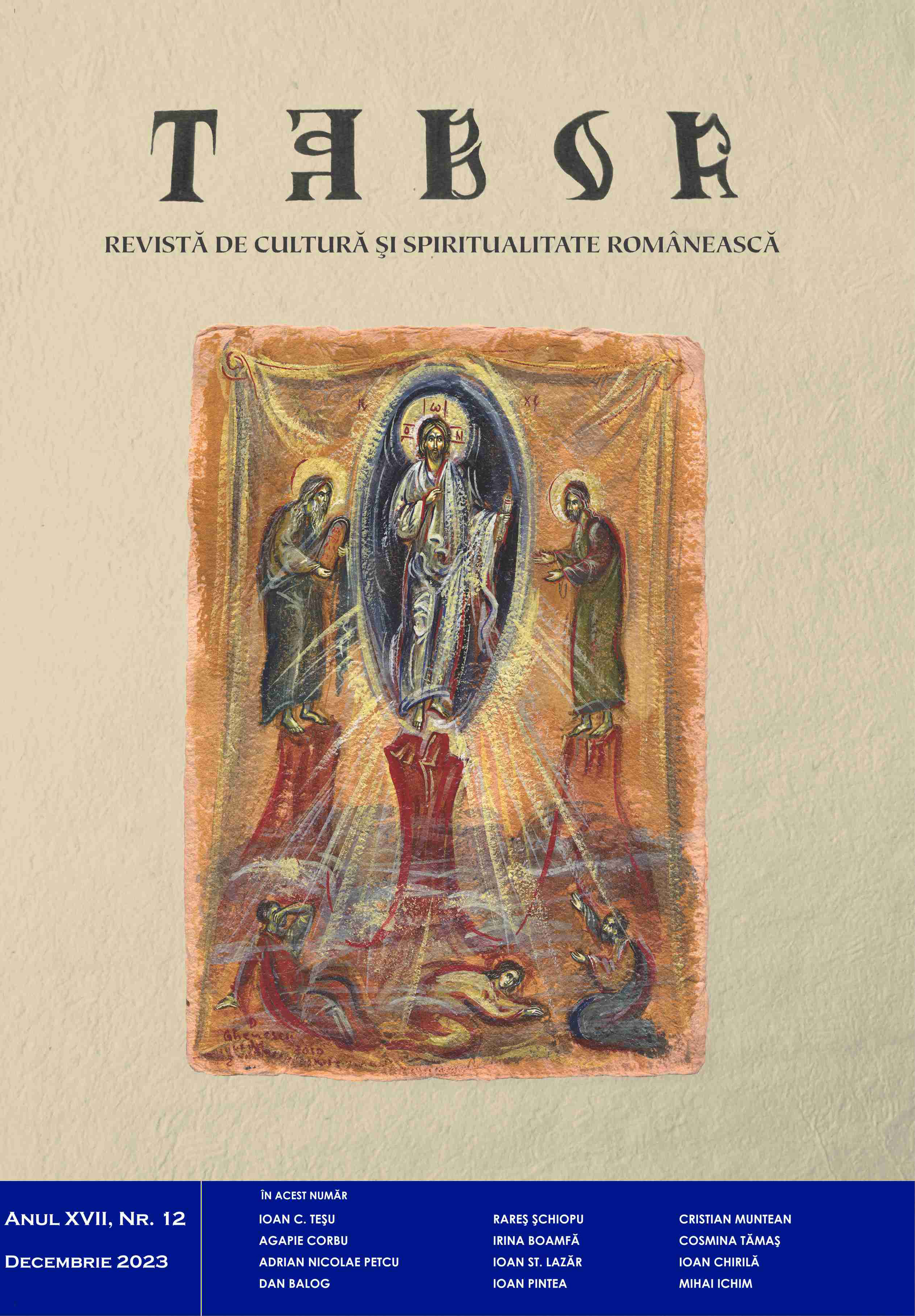Neuroteologie versus neuromarketing
Neurotheology versus neuromarketing
Author(s): Ioan C. TeşuSubject(s): Pastoral Theology, Eastern Orthodoxy
Published by: Renaşterea Cluj
Keywords: neurotheology; neuromarketing; acts of charity; neighbor; happiness; unhappiness; materialism; inner life;
Summary/Abstract: Recent neuroscience research suggests that when people perform acts of generosity or charity to-wards others, the activity in the brain regions associated with stress is significantly reduced. When generous individuals decided to give to charity, the brain’s reward system linked to dopamine was specifically activated more than when they themselves received money. Altruistic and merciful attitudes, besides activating the brain’s reward system, stimulate the production and infusion of oxytocin into the cerebral hemispheres, translating into positive feelings like love, gratitude and self-confidence. Being caring towards others can reduce the negative effects of diseases and psychological imbalances in the body; it has been proven that after performing good deeds, people escape depressive states as well as feelings of aggression and isolation. Contemporary economists have found that materialism is a fl awed life philosophy leading to society’s bankruptcy and instead of leading a person towards material and spiritual self realization, it leads to anxiety, fear, unhappiness, and depression. Therefore, experts recommend not investing aimlessly in material things but in experiential goods, and not so much for oneself but especially for others, for the community and society.
Journal: TABOR. Revistă de cultură şi spiritualitate românească
- Issue Year: XVII/2023
- Issue No: 12
- Page Range: 5-9
- Page Count: 5
- Language: Romanian
- Content File-PDF

